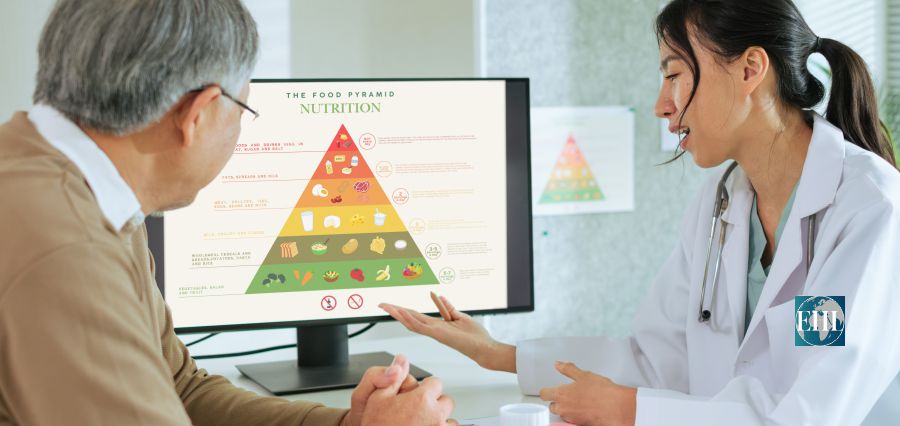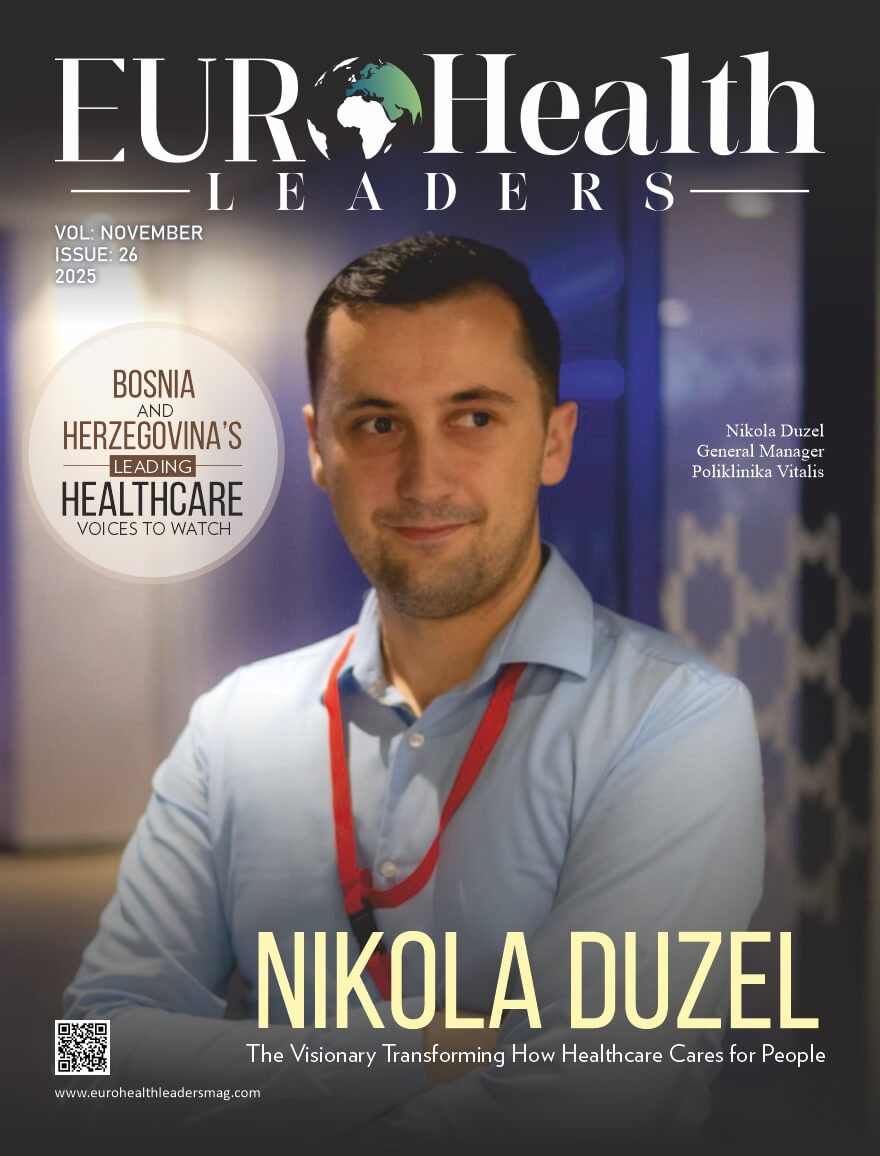From Policy to Plate
Obesity has become a major public health problem in Europe, and Czechia is not different. With increasing prevalence of obesity and associated non-communicable diseases like diabetes and cardiovascular diseases, the Czech government has seen the need to act rapidly. To address the same, Czechia has adopted a series of measures to encourage nutrition education in order to bring about healthier eating patterns and fight obesity. These initiatives, ranging from school food education to public health programs, are part of a comprehensive strategy to change eating habits from policy to plate. This article examines Czechia’s efforts, how they are implemented, and their potential as a response to the obesity pandemic.
Policy Framework: A Foundation for Change
The Czechia strategy towards the war against obesity is based on a solid policy framework where it considers prevention through education as the core. The recent years have seen the introduction of the National Health Protection and Promotion Strategy with specific goals related to the reduction of the obesity rate by the year 2030. Among the key points of this strategy, it is possible to note the implementation of nutrition education in every domain, including school, workplace, and community efforts. The Ministry of Health and the Ministry of Education have collaborated to set guidelines to offer accessible, evidence-based, and population and age-appropriate nutrition education.
The mandatory inclusion of nutrition education in school curricula is one of the more noticeable policies. Starting in primary school, children are taught about balanced diets, how much they should eat, and the benefits of physical activity. These are well designed courses that are age specific and include participatory activities such as cooking lessons and food diary work to appeal to young people. By creating healthy behavior at a younger age, Czechia believes that it can create generations with the potential to make better food choices.
School-Based Nutrition Programs
Schools form the epicentre of Czechia nutrition education campaign. The government has also come up with initiatives like the Healthy School program which encourages schools to adopt comprehensive health education plans. These are not only classroom but also improved school canteens. New laws will see school lunch menus being of high nutritional value with limited amounts of added sugars, salt and saturated fats and greater access to fruits, vegetables and whole grains. School vending machines are also no longer allowed to give out less healthy snacks, and limit the selling of sugary drinks and processed snacks.
Teachers are also being trained to provide effective nutrition education. Workshops and materials offered by the Ministry of Education prepare educators to instruct students in reading food labels, learning nutritional requirements, and identifying the role of diet in maintaining long-term health. The goal is to empower students to become self-managers of their diets and develop a culture of health awareness.
Public Health Campaigns and Community Engagement
Besides schools, Czechia has also initiated mass public health campaigns meant to raise awareness on obesity and healthy eating. Such promotions as Eat Smart, Live Well use the mass media such as television and social media as well as community events to promote balanced diets and the need to avoid obesity. The campaigns are universal in their approach as they embrace different members of the society, such as rural dwellers and the poor households, where obesity is a major problem.
Measuring Success and Future Directions
The evaluation of the success of Czechia nutrition education programs is needed in order to ensure effectiveness of the programs. The government has established criteria to measure improvement, which include reduction in obesity levels, improved eating habits and an increased understanding of nutrition in the population. The early signs are that school-based programs are having an effect as children are demonstrating better understanding of what constitutes healthy eating. Such longer-term measures as sustained reductions in obesity will be difficult to show soon.
Czechia plans to extend its activities to include nutrition education as part of its occupational health initiatives and healthcare professionals in future. The partnership with the privately owned industries such as grocery stores and restaurants would also promote healthier options. Further, continued study in behavioral science will lead to better educational practices and in the long run, effective behavioral change.









